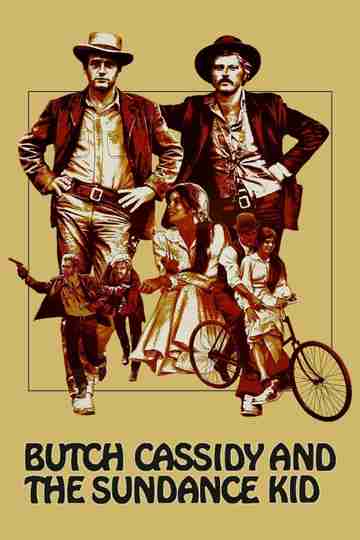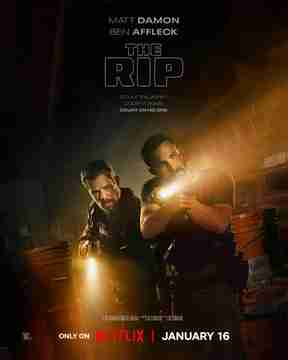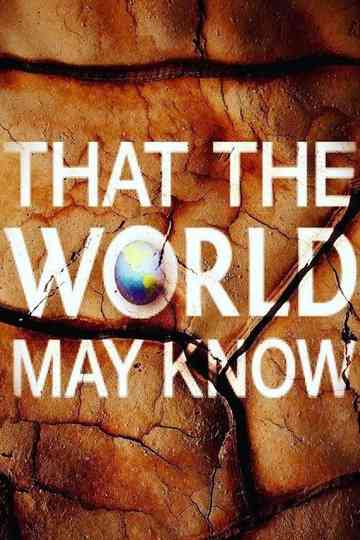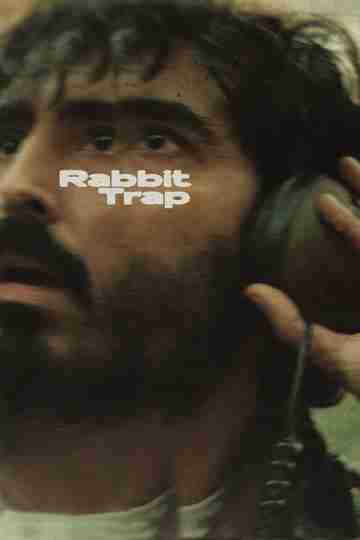Volume 16: Cultures in Conflict Plot
How do you live in a culture where the worldview conflicts with Christianity? Learn from Paul as he presents his beliefs to the most powerful court in Athens and settles among the Greco-Romans of Corinth, who valued wealth and class, worship of multiple gods, and decadent pleasure seeking above all else. In this sixteenth volume of That The World May Know®, discover how to live in your own Athens or Corinth—an increasingly secular Western world—in a way that glorifies God. Experience the Bible in historical context as you walk in the footsteps of the second missionary tour of the Apostle Paul in Greece.
That the World May Know Volume 16: Cultures in Conflict aired on March 6th, 2018.
Volume 16: Cultures in Conflict Episodes
1. Engaging the Mind: Paul in the Stoa of Athens
The people of the Bible lived in temple-building cultures. Temples provided pagan gods with a place to live, keeping them close to the people who worshiped them. Even Israel did the same – first Solomon, then Nehemiah and Zerubbabel, and eventually Herod would build or renovate temples for God to dwell in. But God’s plan was bigger than that. God had another temple that He was in the process of building: His people themselves. What would happen when that pagan vision of gods living in huge, ornate temples came face-to-face with the idea of God living within and among His people? Join the Apostle Paul as he journeys to Athens, home to one of the most beautiful pagan temples on earth.
2. Engaging the Heart: Paul Before the Areopagus
When the disciples arrived with Jesus in Jerusalem, they marveled at the unbelievable beauty of the Lord’s temple. According to the Bible, the original temple built by Solomon was also absolutely stunning. And yet, in both cases it wasn't enough. Solomon said, "Can the heavens contain you, Lord? How much less this temple I've built." Stephen, who would be martyred just after Jesus’ resurrection, testified, "The Lord doesn't live in temples made with hands.” The Athenian people of Paul’s day considered the Parthenon, the temple of the goddess Athena, to be the ultimate in beauty, order, rationality, and perfection. How will Paul communicate to this highly-educated Greek culture that God does not live in temples made with hands? Travel with Paul to Athens to hear his declaration of God’s truth in the shadow of their temples.
3. Turning Weakness Into Strength
When the time came for God to choose a people, He didn’t pick the strongest kingdom He could find. He chose the weak, the nobodies – a family that would become the nation of Israel. God rescued them from Egypt and brought them into the desert, training them to make His name known to the rest of the world. Time passed, but God’s plan remained the same: to bring healing and forgiveness to a broken world through His Son, Jesus. Just like his ancestors, the Apostle Paul would spend time training in the desert before God sent him to preach to the Gentiles. And just like his ancestors, he would discover his own weakness, his inadequacy to complete the task God had given him. Join Paul in the Greek city of Corinth to unpack how God uses the weakness of His partners to demonstrate His strength in a broken world.
4. The Lord's Supper: Discerning the Body
The Jews of Jesus’ day lived together as extended families, sharing the family resources. The task of the father was to use those resources to care for everyone who lived in “the father’s house,” as they called it – rescuing them from trouble or paying their debts. The resources would also be used to welcome strangers, caring for outsiders who found themselves in need. As a Jew, the Apostle Paul was certainly familiar with this “father’s house” idea. What would happen when Paul’s message that we are all one in Christ clashed with the hard and fast Greco-Roman class system? Follow Paul to Corinth as he teaches the believers there what it means to be a part of “the Father’s house” in a broken world.
5. Transforming the Chaos
In Paul’s day, the city of Corinth was known for two things: drunkenness and sexual decadence of all kinds. The word “Corinthian” was even used in Greek plays to describe someone with poor morals or drunken behavior. And yet in a community like this, a church was born – a community of believers who has bowed the knee to Jesus Christ. These were people who came from Corinth, who had been shaped and molded by the culture around them. How would they live out the Jesus message when all of their friends, businesses, and political leaders were intertwined with this decadent, drunken world? Join Paul in Corinth and discover with the believers there how to live and preach in the “Corinth” you call home.












































